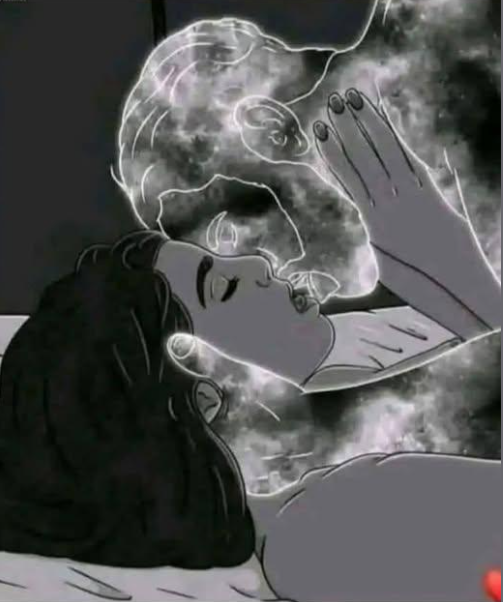Remembering the Struggles of Growing Up: When Childhood Memories Turn Uneasy
Childhood is often portrayed as a time of wonder, joy, and innocence. But for many, those early years are remembered with complexity, colored not only by laughter but also by confusion, fear, or sadness. When childhood memories turn uneasy, we are forced to look back at the emotional bruises, the silences, the things that were never said but deeply felt.
Sometimes, it begins with the feeling of being different—too shy, too sensitive, too quiet, too loud. You may remember trying to fit in, only to find yourself on the outside looking in. The sting of rejection on the playground, the embarrassment in class, the ache of wanting to belong but never quite knowing how. These early feelings can follow you for years, shaping how you relate to others and how you view yourself.
There were times when home didn’t feel like a safe space. Maybe there was yelling behind closed doors, or silence where comfort should have been. Some remember walking on eggshells, never knowing what version of a parent they’d come home to. Others recall the loneliness of being physically cared for but emotionally neglected. These moments may not have seemed like trauma at the time, but they left marks just the same.
School, for some, was another source of tension. Struggling with grades, with teachers who didn’t understand, or with classmates who teased. The pressure to be good enough, to be smart enough, to not mess up. That pressure may have turned into anxiety—an invisible weight that followed you into adulthood. Maybe no one noticed how much effort it took just to stay afloat.
Then there are the quiet hurts—the ones no one else saw. Being left out of birthday parties. Hearing adults speak harshly about things they didn’t realize you understood. The sharpness of a careless comment that stuck with you for years. The fear of asking for help. The guilt of feeling like a burden. The confusion when people you trusted let you down.
You may remember pretending everything was fine, because that’s what you were taught to do. Smiling through discomfort. Laughing when you wanted to cry. Hiding your feelings because you didn’t want to cause trouble or seem weak. Over time, pretending became second nature. It’s hard to unlearn that.
Some memories are blurry, but the feelings they created are still vivid. A certain smell, a tone of voice, a look—these can transport you right back to a moment you’d rather forget. That’s the power of childhood: even when you grow up and move on, parts of you stay frozen in those early experiences.
Yet there were moments of resilience too. Maybe it was a teacher who believed in you, a friend who listened, a grandparent who made you feel seen. Maybe you found escape in books, music, art, or nature. You held onto small joys to survive the bigger storms. You learned how to protect your heart, even if it meant building walls.
Remembering these struggles can be painful, but it’s also an act of self-understanding. It allows you to reconnect with the child you once were and offer them the compassion they didn’t always receive. It gives context to your fears, your habits, your emotional reactions. It helps explain why you struggle with trust, or why you crave validation, or why certain things trigger you.
It’s not about blaming the past, but about honoring your truth. Your story matters, even if others dismissed it. The fact that you made it through those hard years is a testament to your strength. You survived what you were never meant to carry alone.
As adults, we have the chance to give ourselves what we once needed—kindness, patience, permission to feel. Healing is not about erasing the past but learning to live with it, to let it soften rather than harden us. To recognize that we deserved better, and that it’s not too late to care for ourselves in the ways we were once denied.
When childhood memories turn uneasy, they remind us of how far we’ve come. They call us to be gentle with ourselves and with others, because so many carry invisible stories. They remind us that growing up is not just about getting older—it’s about understanding, forgiving, and finding peace with all the pieces of who we’ve been.
And in that remembering, we begin to heal.


